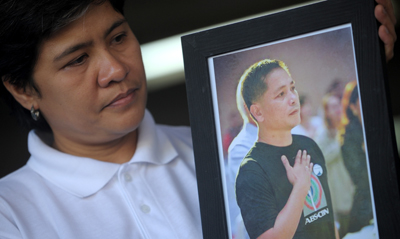
Backlash: Nepal’s police, courts retaliate as journalists expose corruption
New Delhi, August 25, 2025—Journalist Dil Bhusan Pathak could face up to five years in prison for alleging on his YouTube channel that Jaiveer Singh Deuba, the son of two powerful Nepalese politicians, was linked to questionable deals involving the new Hilton Kathmandu. His case illustrates a disturbing trend in Nepal, where journalists reporting on alleged corruption by high-profile…
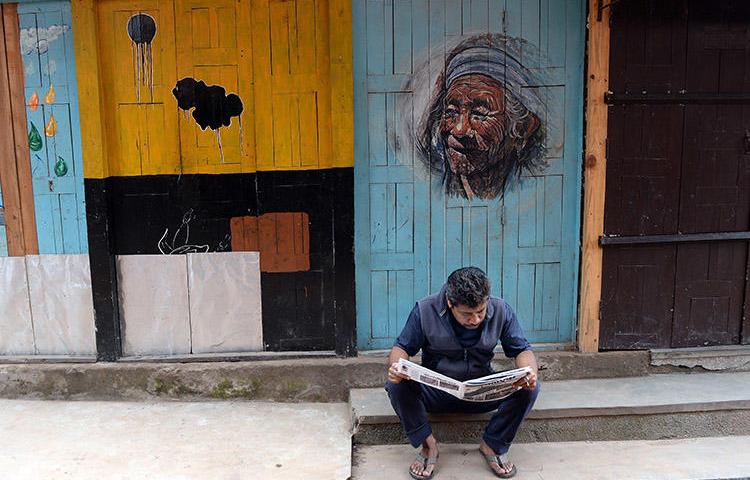
Nepal’s hard-fought press freedom at risk amid restrictive bills, government pressure
Last year, when Raju Basnet was covering landgrabs in the Nepali city of Lalitpur, he knew he was playing with fire. His reports in the weekly Khojtalas alleged that powerful people, including government officials, were involved in the scheme and Basnet had already received multiple warnings to back off the story. Despite this, Basnet told…
In Nepal, critical editor flees and journal’s funding is blocked
.@cijnepal founder @kundadixit gives video message: Censorship allows despots to win elections, they coopt journalists. #IJAsia16 pic.twitter.com/Uo558PQX5i— GIJN (@gijn) September 24, 2016 Kunda Dixit cut his once mop-like white hair, grew a beard, and quietly went into hiding, eventually fleeing Nepal for the safety of the U.S. to avoid arrest. And in doing so, the…
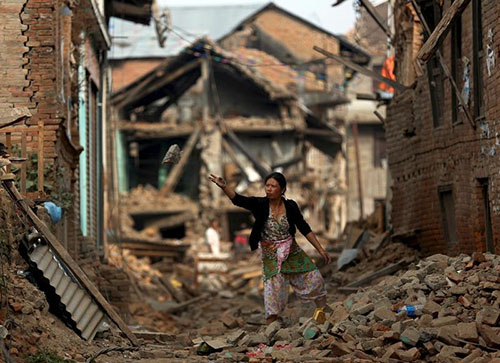
Mission Journal: In Nepal, finding solutions to better protect press
The devastation caused by the earthquakes in Nepal is a reminder of the indispensable role played by relief workers, medical teams, and other key actors on the front lines. Among them are many journalists who, on the most basic level, serve as witness to those affected and share their stories with the world.
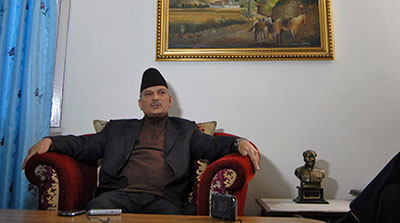
Nepal takes one step toward justice for Dekendra Thapa
Lau Tzu once said: A journey of a thousand miles begins with a single step. In Nepal, getting to that first step has been a tumultuous process. Tomorrow, a court in the western district of Dailekh is expected to formally begin hearings in the 2004 murder case of journalist Dekendra Raj Thapa.
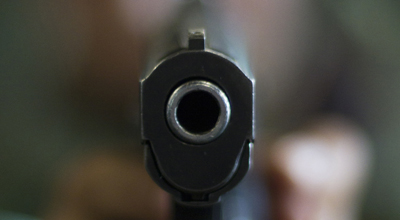
Journalists still murdered where impunity reigns
Almost half of the 67 journalists killed worldwide in 2012 were targeted and murdered for their work, research by the Committee to Protect Journalists shows. The vast majority covered politics. Many also reported on war, human rights, and crime. In almost half of these cases, political groups are the suspected source of fire. There has…
Mission tells Nepal: No excuse for deferring press freedom
As Nepal’s constituent assembly failed to meet Sunday’s deadline for the passage of a new constitution, a new report released this week on the risks to Nepal’s media should remind political parties that peace and stability are not prerequisites to media freedom but rather that a strong, independent press operating without fear is a requirement…
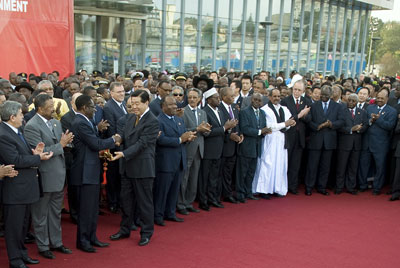
China not most censored, but may be most ambitious
China didn’t make the cut for our 10 most censored countries. While the Chinese Communist Party’s censorship apparatus is notorious, journalists and Internet users work hard to overcome the restrictions. Nations like Eritrea and North Korea lack that dynamism.
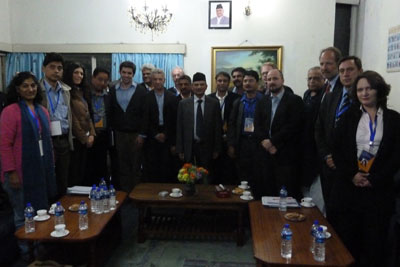
Two years after Nepal murder, no progress, mission finds
On the evening of March 1, 2010, Arun Singhaniya, owner of Janakpur Today newspaper and Janakpur Today Radio, stepped out of a prayer service during a holy celebration in Janakpur, Nepal’s second largest city. A gunman on a motorcycle shot and killed the news proprietor, making him the second person affiliated with the Janakpur Today…
